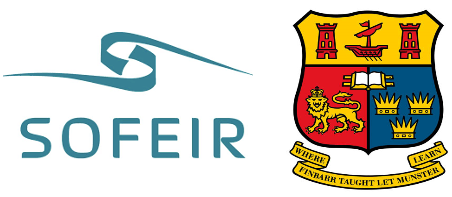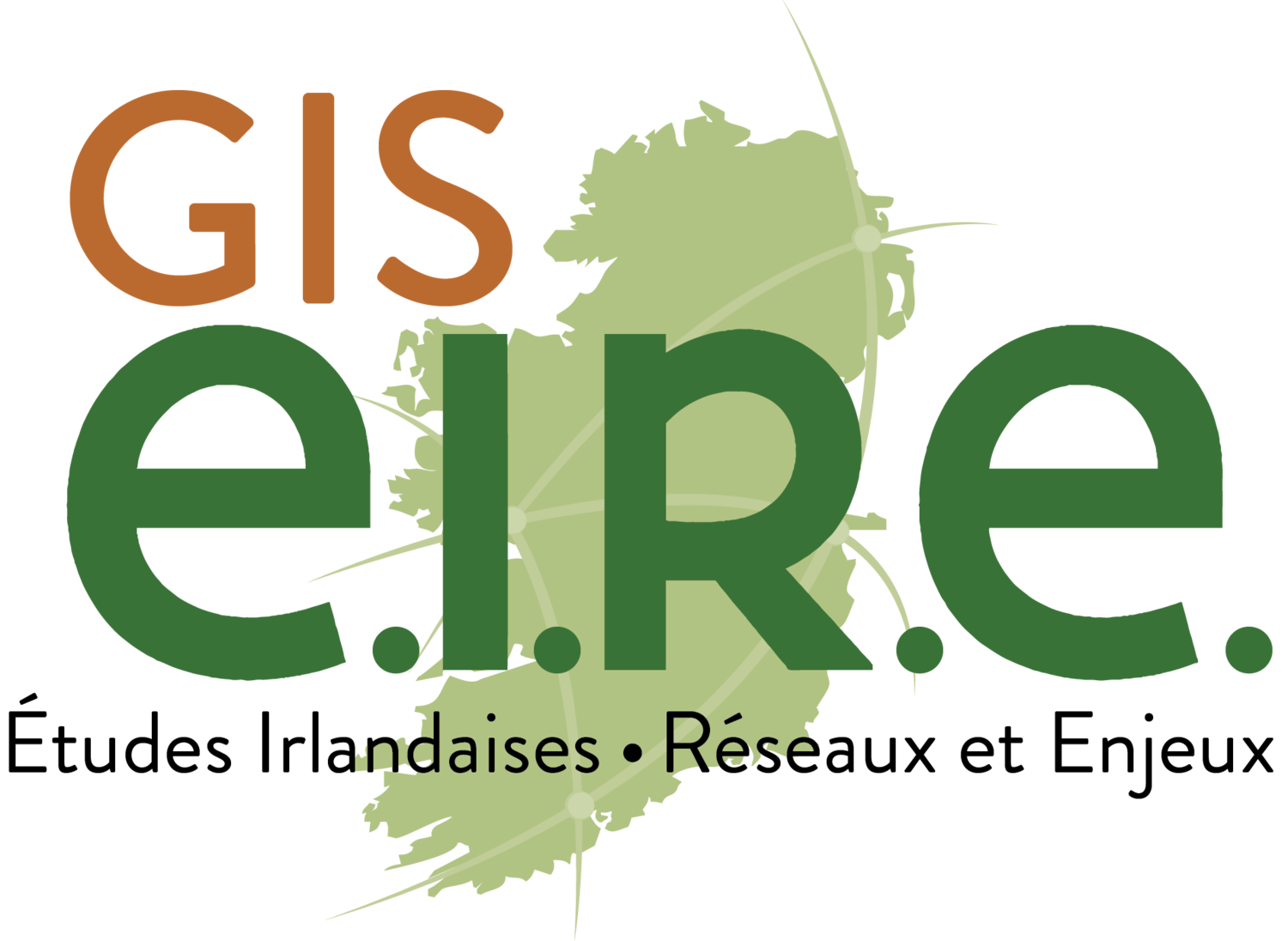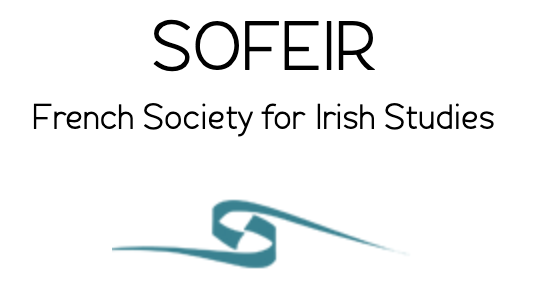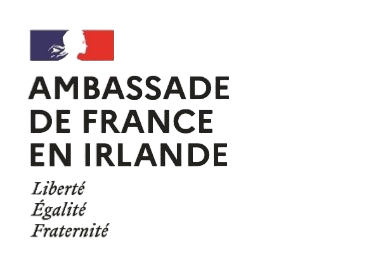
|
Annual conference of the Société Française d'Études Irlandaises: Ireland and Transnational Solidarities (University College Cork, Ireland)
21-22 Mar 2025 Cork (Ireland)
|
Conference Details > Sponsors
|








